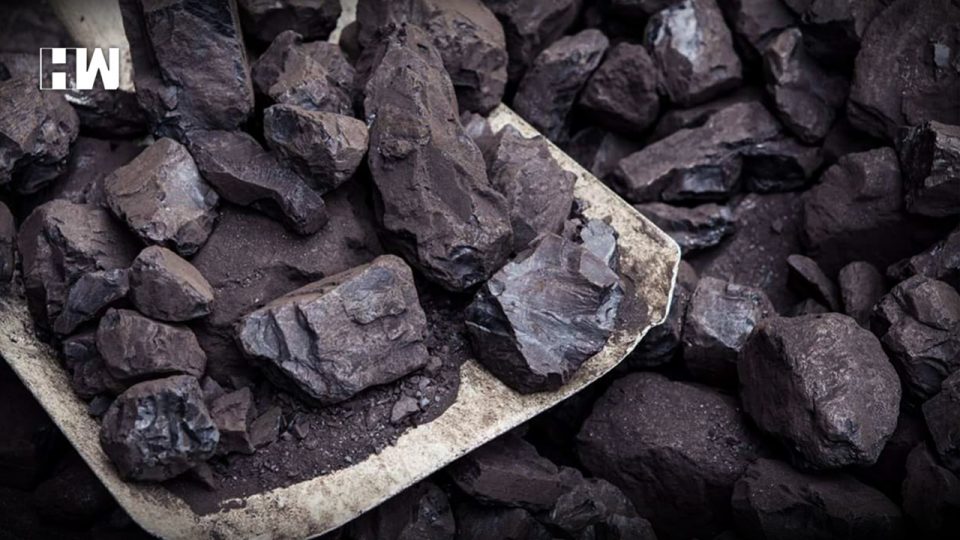New Delhi | Expressing concern over serious environmental ramifications of carbon dioxide emissions from piles of ash lying at power plants, a top official of the Ministry of Environment, Forests and Climate Change (MoEFCC) has stressed on the need for use of better quality coal in power plants.
The official told PTI that due to inherent high ash content of coal in India, it is important that coal companies take ample care to clean or wash it so that its ash gets reduced and its calorific value improves to enable its efficient burning.
“There are serious environmental ramifications of CO2 (carbon dioxide) emissions from piles of ash lying at the power plants…Use of better quality coal in the power plants will have positive impact in better plant efficiency, reduced emissions and also handling of ash at the plant site,” he said.
A source in the ministry underpinned the fact that in view of limited hydrocarbon resources, the country shall continue to depend on coal for generation of electricity, production of steel, cement and many other industrial uses.
More than 80 per cent of the country’s coal is produced by Coal India Ltd, which operates under the Ministry of Coal.
Many power producing companies, including the state-run NTPC Ltd, have been complaining for years about the quality of coal supplied by Coal India Ltd.
A conference on coal washing was held in October 2018 by the Environment Ministry with stakeholders, including the power plant operators and government authorities. However, the Ministry of Coal or Coal India Ltd did not participate in the conference.
If there were any valid reasons for non-compliance of the mandate issued by the government, let all stakeholders collectively decide as to what should be done to reduce the negative impact of use of high ash coal in power plants and other industries, Environment Ministry sources said.
They said stakeholders were asked for suggestions and recommendations with an assurance that they would be considered seriously by the ministry in formulating the required policy on coal washing.
The October 2018 conference was held to review the implementation of the recommendations of the previous round table meeting — which took place in May 2017 — and to assess the status of compliance of government mandate regarding ash content in coal supplied to and used in power plants.
The conference had also deliberated on how to effectively monitor ash content regulations.
Another official of the Environment Ministry told PTI said the thermal power plants in the Singrauli area in Madhya Pradesh were not achieving 100 per cent fly ash utilisation and stressed for formulation of a policy that takes into account disposal of “washery rejects” – coal pieces that are rejected by washery due to low quality – and enforcing adequate measures in this regard.
The sources in the ministry said various stakeholders, including ministries of coal and power and various coal companies, have suggested setting up of coal washeries at the pit head so that “washery rejects” can find place to dump in the mine voids.
They also said coal washeries have not been commissioned in the last decade except a few in Odisha and alleged that Coal India Ltd’s tendering policy discourages wider participation with little emphasis on promoting better technology.
According to the sources, some power plant operators have told the ministry that stricter environmental norms for thermal power plants have to be complied with by setting up of flue gas desulphurisers (FGD), which are used to remove sulphur dioxide (SO2) from exhaust flue gases of coal-based power plants.
They also recommended upgrading of electrostatic precipitators (ESPs), which will capture ash so that it can be utilised properly instead of dumping in the mines.
The sources said power plants were finding washed coal obtained from private coal washeries very expensive as it entails transportation cost both for raw coal to the washery and washed coal to the railway loading point.
It would be much cheaper to obtain coal from a pitched washery set up by coal companies, they said.
As an independent media platform, we do not take advertisements from governments and corporate houses. It is you, our readers, who have supported us on our journey to do honest and unbiased journalism. Please contribute, so that we can continue to do the same in future.

